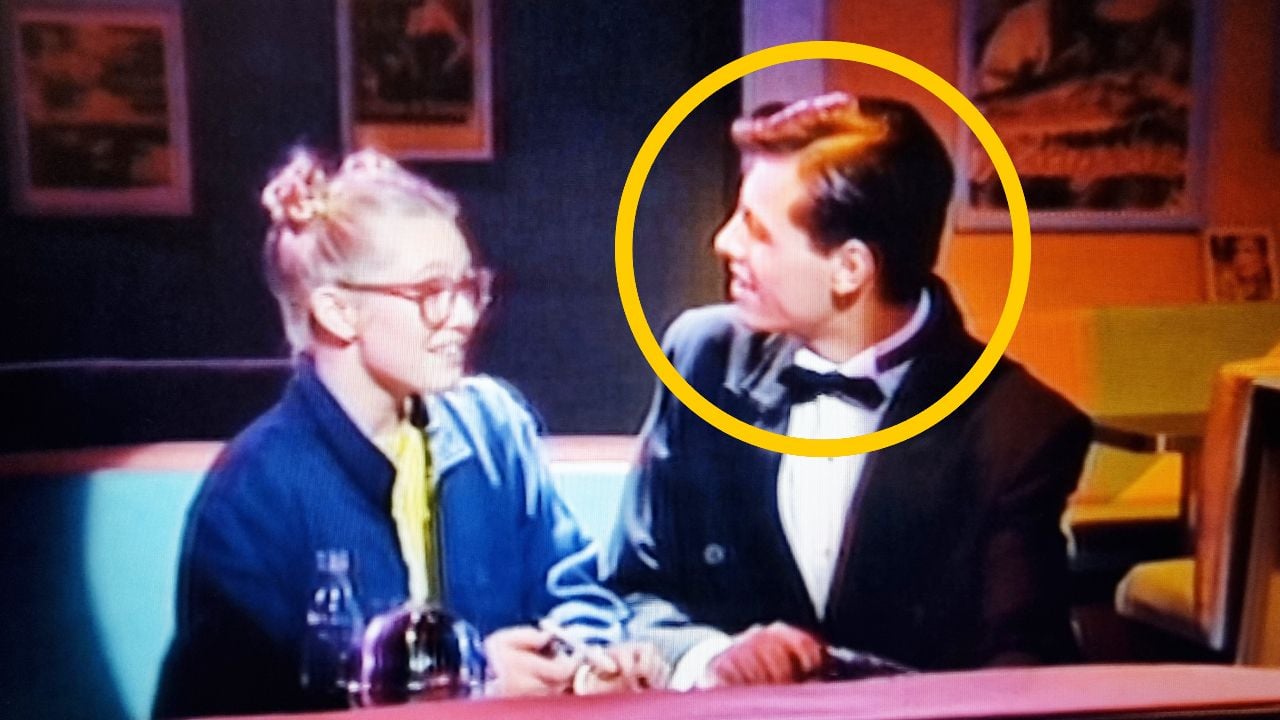The law that follows a similar protocol to No Callem, of Barcelona, turns one year old
A year after the law that makes it mandatory to train employees of bars, restaurants, clubs and discos to combat cases of sexual harassment and violence against women, Paladar spoke with some institutions in the city to verify the current situation.
Support for women who feel in any way intimidated within these facilities occurs through staff training and the dissemination of messages that make it clear that they are safe in that environment. Bars like Caledônia, in Pinheiros, have trained staff to be on the lookout for customers who might be using the familiar hand signals. “Training is extremely important because it allows the team to know how to behave if an incident of harassment occurs within the bar,” says the bar’s co-owner, Maurício Porto. “By noticing customer signals, we can best take action to protect them.”
The law that determines the annual training of teams in commercial establishments such as bars and restaurants to combat harassment is number 17.635/2023. For example, the protocol No Callem, implemented by the nightclub where a woman reported player Daniel Alves, in Espalha, the law aims to ensure that victims in situations of sexual violence or harassment receive rapid support. The central point of the protocol is to focus attention on the victims of sexual abuse or violence and not on the aggressor.
Here in Brazil, training is offered by the Virtual University of the State of São Paulo (Univesp) and by projects such as the startup Livre de Assédio. In the training, practical situations and step-by-step instructions on how the brigade should react are covered. Observing customers’ body language, asking if everything is okay, offering the harassed person to change seats and asking the harasser to stop the offensive approach and until he is asked to leave the premises are among the main topics of the training .
“We will start, together with the municipality, with the Non Zitto protocol to offer free training to bars”, explains Inana Maria Caldeira Muritiba, of the Livre de Assédio. Ivana adds that, little by little, bars are absorbing the new practices. Not only towards the customers of bars and restaurants, but also towards the women who work in these places. “It’s about deconstructing an entire culture and building a new way to have fun without fear, without the worry of being harassed,” says Inana.
Giulia Simokomaki, partner of the Cambará bar, in Barra Funda, has been following the signs since the bar opened a year ago: “We haven’t done the training yet, but from the beginning we have offered support to our customers, both through qualitative listening in the most private areas of the bar to messages in the bathrooms explaining that we are available to help women in any type of situation in which they feel unsafe”.
Drinks and hand signals
At the Giro Bar, in Pinheiros, in the women’s bathrooms there are signs indicating the actions to be taken if a woman is a victim of harassment or is harassed inside the club. There is also the possibility that the woman orders a drink with a fictitious name so that the bar staff recognizes that she is a victim of harassment. “In this case, we understand that the woman is going through risky situations and we will protect and accompany her until she is safe”, explains the operational manager of the home, Júlia Zocchi. “The training encouraged us to learn and welcome victims of verbal and physical violence in a discreet and safe way.”
At the Animus restaurant, in Pinheiros, it is very common for customers to tell the team when they are on a first date. The location also has signs that provide guidance on what signals women should make if they are being harassed. “Despite being a restaurant, a space considered safe in general, we care about the safety and well-being of the women who pass through here,” says the restaurant’s chef and partner, Giovana Grossi. “We have a team trained to understand customer signals and take immediate action.”
Source: Terra
Ben Stock is a lifestyle journalist and author at Gossipify. He writes about topics such as health, wellness, travel, food and home decor. He provides practical advice and inspiration to improve well-being, keeps readers up to date with latest lifestyle news and trends, known for his engaging writing style, in-depth analysis and unique perspectives.








